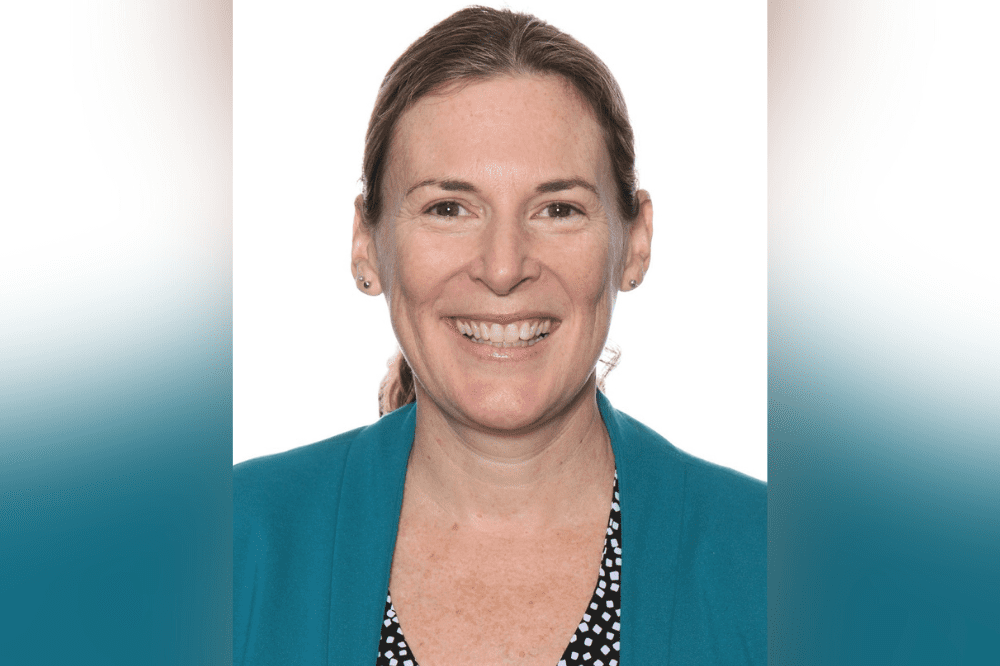What is IAG’s new project targeting?

Carbon farming, or carbon offsetting, involves projects that draw carbon dioxide from the atmosphere and help limit the impact of climate change. McDougall said these projects also provide social, cultural and economic benefits to the communities that run them.
Both IAG’s Stretch RAP and Climate and Disaster Resilience Action Plan recognize the importance of learning from Australian Indigenous cultures how to better manage climate change risks.
“More broadly, and beyond insurance, the Australian scientific community now understands the cruciality of being guided by Indigenous knowledge that has adapted to natural environmental changes for thousands of years, enabling us to better understand the natural world and care for the country,” she said.
Read next: Indigenous rangers stop fire mitigation work as insurance premiums soar
The project, she said, will expand the active engagement of Indigenous nations in the carbon market and cultural fire management to support IAG’s goal of limiting climate change impacts.
“Over the course of the three-year partnership, the AbCF and IAG aim to develop three Aboriginal cultural fire management and carbon farming projects across NSW by 2023 and expand into Victoria and South Australia by 2024,” said McDougall.
The program will provide opportunities for Aboriginal land managers across the southern parts of the country to initiate projects.
“One example of Indigenous knowledge in practice is savanna burning, which involves using traditional mosaic burning methods in the early dry season across northern Australia when the fuel load is lower and fires are cooler, resulting in fewer greenhouse gas emissions from entering the atmosphere while reducing the severity of fires that may occur later in the season,” said McDougall.
The AbCF sells carbon credits from these carbon farming projects through its own online trading platform called Catalyst Markets that connects Indigenous communities who supply carbon credits with organisations seeking to offset their carbon pollution.
“Catalyst Markets is the only trading platform of its kind, trading Indigenous developed environmental commodities,” she said.
“The AbCF recently launched the cultural fire credit in partnership with the Firesticks Alliance allowing direct investment into the work of cultural fire practitioners in a range of locations around the country,” said McDougall.
She added that cultural fire practice has many environmental benefits including increased and protected biodiversity, bushfire mitigation and reduced carbon emissions from avoided bushfires. Cultural fire credits can also be purchased from Catalyst Markets.
McDougall said climate actions of this kind are complex and challenging.
“While we believe that immediate action needs to be taken to address the impacts of climate change, initiating meaningful change comes with its fair share of challenges,” she said. “Climate action and reducing greenhouse gas emissions is highly complex and nuanced and there are a range of considerations such as market, liability and technological risks that need to be considered and worked through.”
However, she said all action, no matter how incremental, ultimately makes a difference to the severity of climate change impacts in the future.
“Equally important to reducing emissions is the importance of keeping communities safe today, and protecting them into the future,” she said. “With weather events becoming increasingly severe, a priority for us remains advocating for greater support to help communities become stronger and better prepared to withstand the impacts of severe weather.”
McDougall added that this is why greater investment in disaster mitigation initiatives, enhanced building codes and improved land use planning are so important.
Read next: IAG’s latest Reconciliation Action Plan to address Indigenous incarceration and climate change
In June, IAG released its new Stretch Reconciliation Action Plan (RAP) to address Indigenous incarceration and climate change.
The RAP reaffirmed IAG’s support of the Uluru Statement from the Heart, recognising the significance of acknowledging historical truths and ensuring Aboriginal and Torres Strait Islander people have a voice on issues impacting their communities.
“We know there are complex issues affecting Aboriginal and Torres Strait Islander peoples and the broader Australian community,” said IAG’s CEO Nick Hawkins. “Our new RAP will be guided by several key initiatives, including working with First Nations communities to address climate change and disaster resilience and decrease Indigenous incarceration.”





